
How to Choose the Right NIFT Campus in India: Ranking and Specializations
Getting into NIFT is a big achievement for any fashion and design aspirant. Once the results are out, the biggest question students face is how

The National Institute of Design (NID) interview process is a crucial step for aspiring designers looking to secure admission into one of India’s premier design institutes. As the year 2024 unfolds, candidates must equip themselves with the necessary skills and knowledge to excel in this competitive arena.
The NID interview process typically comprises various stages, including a portfolio review, a studio test, and a personal interview. Each stage assesses different aspects of a candidate’s creativity, skills, and aptitude for design.
Candidates must stay updated with the latest information regarding application deadlines, interview dates, and other essential timelines to ensure a smooth and organized preparation process.
Preparing for the NID interview requires a comprehensive approach that encompasses research, practice, and self-reflection.
Candidates should familiarize themselves with NID’s history, values, and teaching methodologies to demonstrate their genuine interest in becoming part of the institute’s vibrant community.
A deep understanding of the design course applied for is essential. Candidates must align their portfolio and interview responses with the specific requirements and objectives of their chosen program.
Crafting a compelling portfolio that showcases one’s creativity, technical skills, and conceptual thinking is paramount. Regular practice in presenting the portfolio can help candidates refine their storytelling abilities and effectively communicate their design process.
Confidence is key during the interview process. Candidates should practice speaking clearly, maintaining eye contact, and demonstrating enthusiasm for their work.
Identifying and highlighting one’s unique strengths and skills sets candidates apart from the competition. Whether it’s a passion for sustainable design or expertise in a specific medium, showcasing what makes them unique is essential.
Passion is contagious. Candidates should express their genuine love for design and demonstrate their eagerness to learn and grow within the field.
Relying solely on talent without adequate preparation can be detrimental. Candidates must invest time and effort into researching, practicing, and refining their skills.
Read more information about other Courses CLAT Course | NIFT Course | UCEED Course | CEED Course
While confidence is essential, overconfidence can be perceived negatively. Candidates should strike a balance between self-assurance and humility during the interview process.
Authenticity resonates with interviewers. Candidates should be genuine in their responses and avoid exaggerating or fabricating information.
Mock interviews provide valuable insights into one’s performance and areas for improvement. Seeking feedback from peers, mentors, or professionals can help candidates identify blind spots and refine their interview skills.
Constructive criticism is a catalyst for growth. Candidates should embrace feedback with an open mind and use it to enhance their strengths and address weaknesses.
Practicing relaxation techniques such as deep breathing, meditation, or yoga can help alleviate pre-interview jitters and promote a calm demeanor.
Visualizing a successful interview outcome can boost confidence and morale. Candidates should envision themselves confidently navigating through the interview process and impressing the interview panel with their skills and personality.
A plethora of books, online courses, and tutorials are available to aid candidates in their preparation journey. Investing in supplementary resources can provide valuable insights and broaden one’s understanding of design principles and techniques.
Check out other popular location CEED Coaching in Ahmedabad | NATA Coaching in Bangalore | NID Coaching in Delhi | NID Coaching in Jaipur
Seeking guidance from experienced professionals or alumni can offer valuable firsthand insights and mentorship opportunities. Mentorship programs provide a supportive network for candidates to navigate the complexities of the design industry.
Preparing for the NID interview requires dedication, diligence, and a strategic approach. By following expert tips, avoiding common pitfalls, and leveraging additional resources, candidates can enhance their chances of success and embark on a fulfilling journey in the field of design.
By implementing these expert tips and devoting yourself to preparation, you can confidently navigate the NID interview and take a substantial step towards realizing your design aspirations. Remember, the interview is a chance to showcase your design potential and connect with the NID faculty. Best of luck!
While the weightage can vary slightly year-to-year, the interview plays a significant role in the final admission decision.
Even if you lack a formal portfolio, you can present creative projects from school, hobbies, or online design platforms.
It’s natural to feel some nerves. Take a deep breath, and remember the interviewers are there to assess your potential, not to intimidate you.
Yes, it’s perfectly acceptable to take short breaks during the interview, especially if you need a moment to collect your thoughts or answer a question thoughtfully. Briefly excuse yourself and politely ask for a moment to compose your response.
Asking thoughtful questions demonstrates your genuine interest in the program and NID itself. Consider questions about specific faculty members, the program curriculum, career opportunities for graduates, or NID’s unique design philosophy.
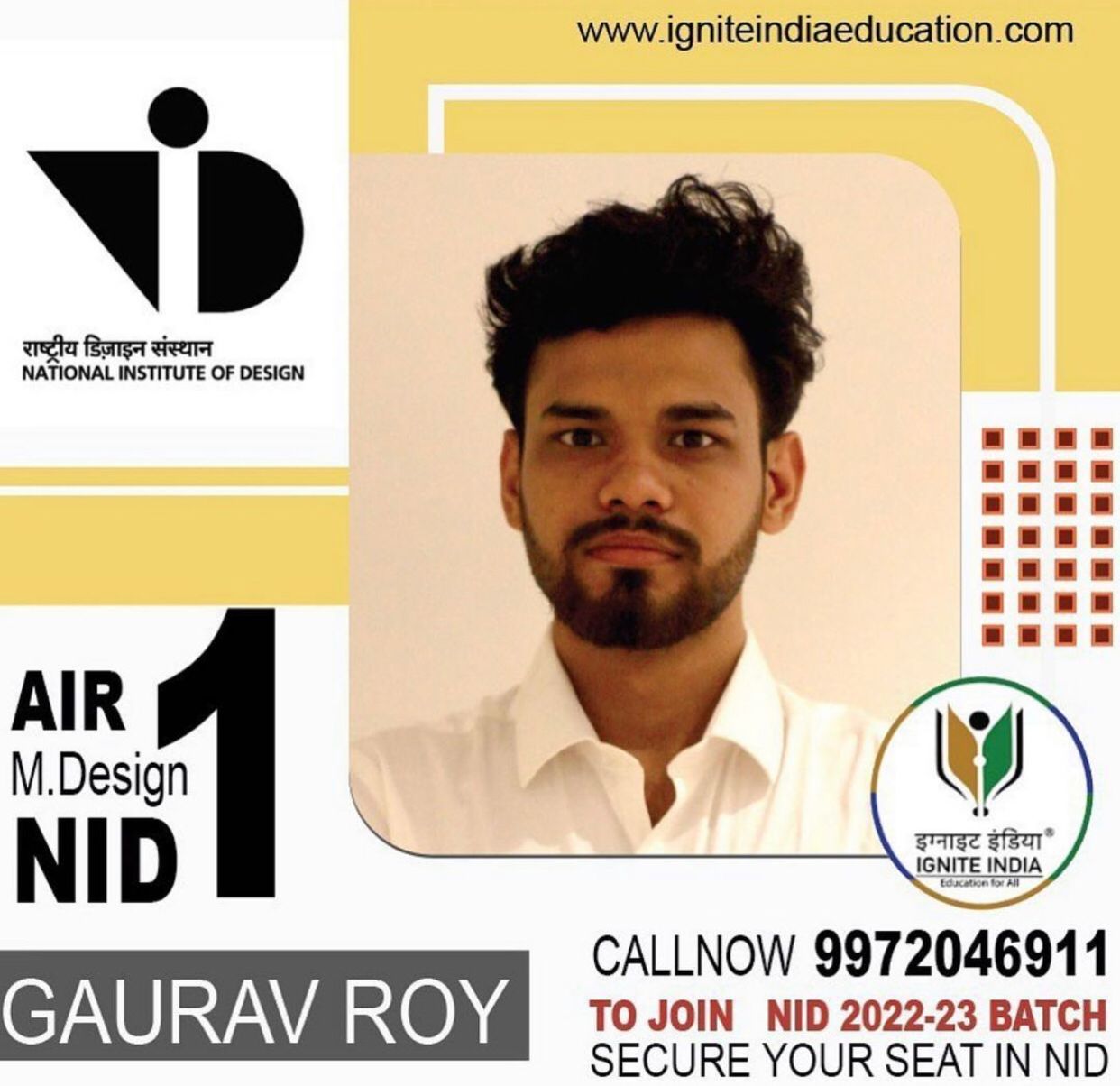

Getting into NIFT is a big achievement for any fashion and design aspirant. Once the results are out, the biggest question students face is how

Preparing for the NIFT entrance exam is a big step for any student who wants to enter the world of design and fashion. Many students

Choosing the right design college is not only about selecting a stream like fashion, product, animation, or communication design. It is also about understanding the
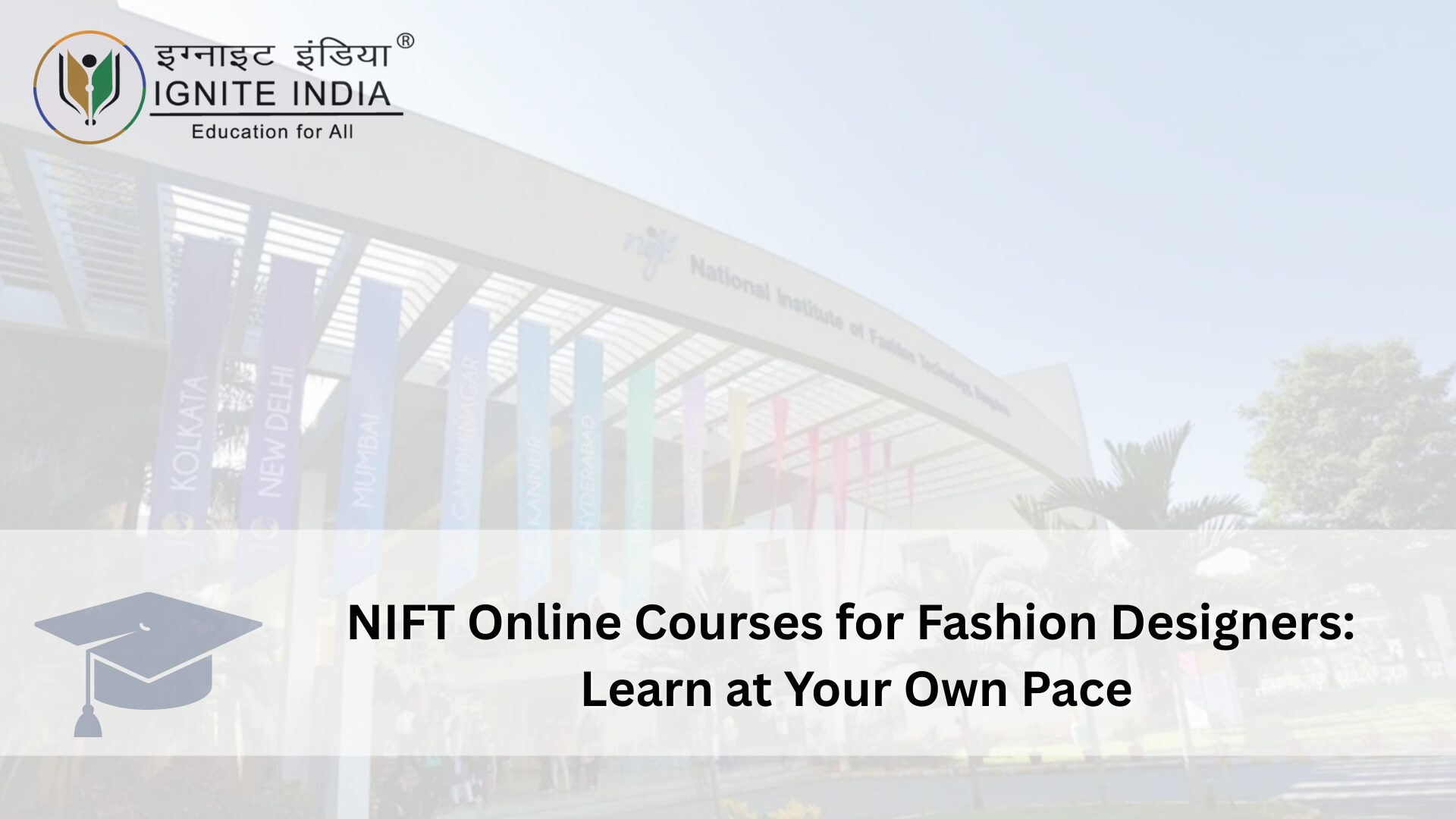
Fashion design has become one of the most exciting and creative fields today. Many students dream of learning fashion, drawing ideas, understanding fabrics, and creating
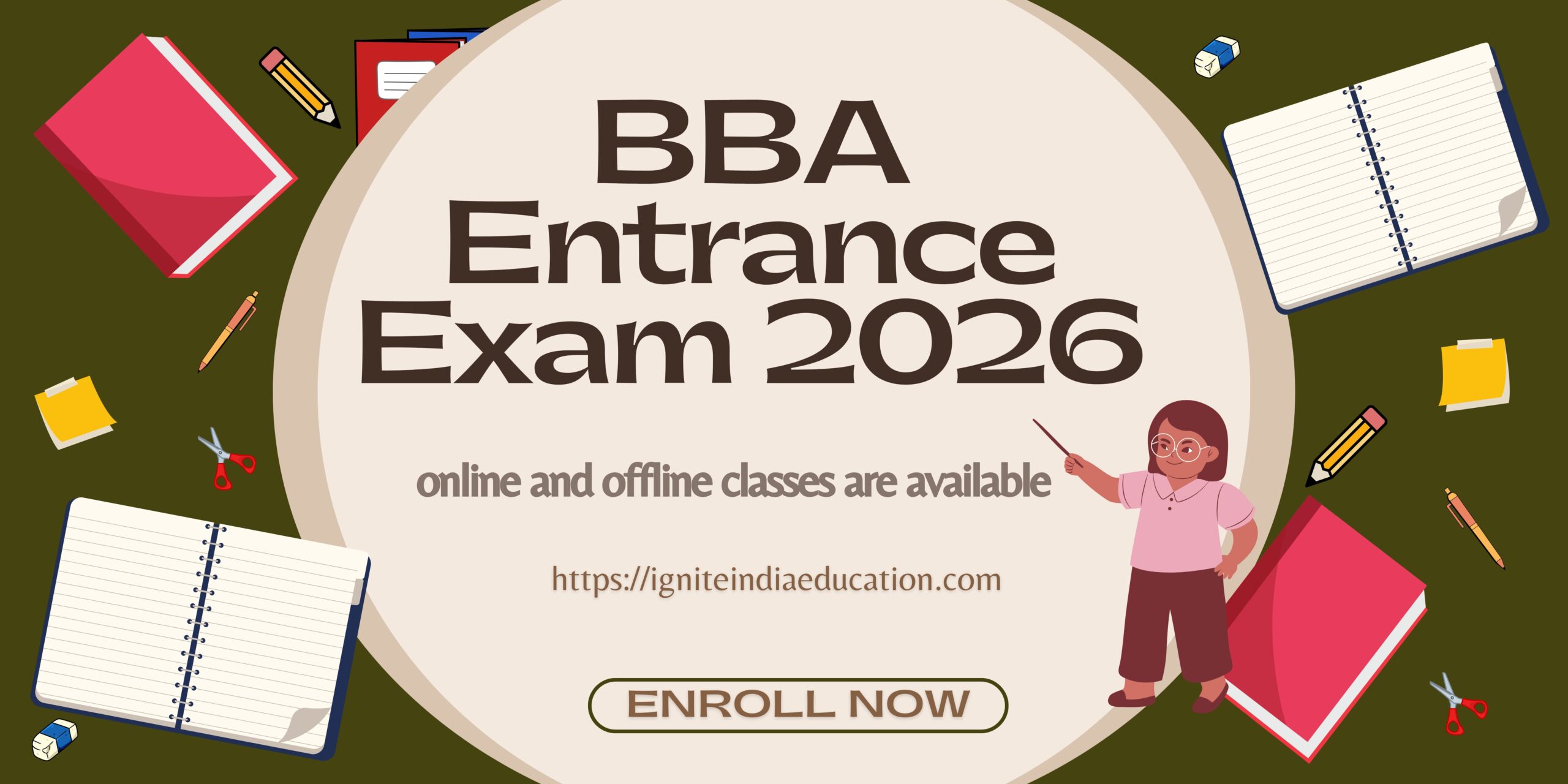
The Bachelor of Business Administration (BBA) is a popular undergraduate course for students aspiring to pursue a career in business management. With a rapidly evolving
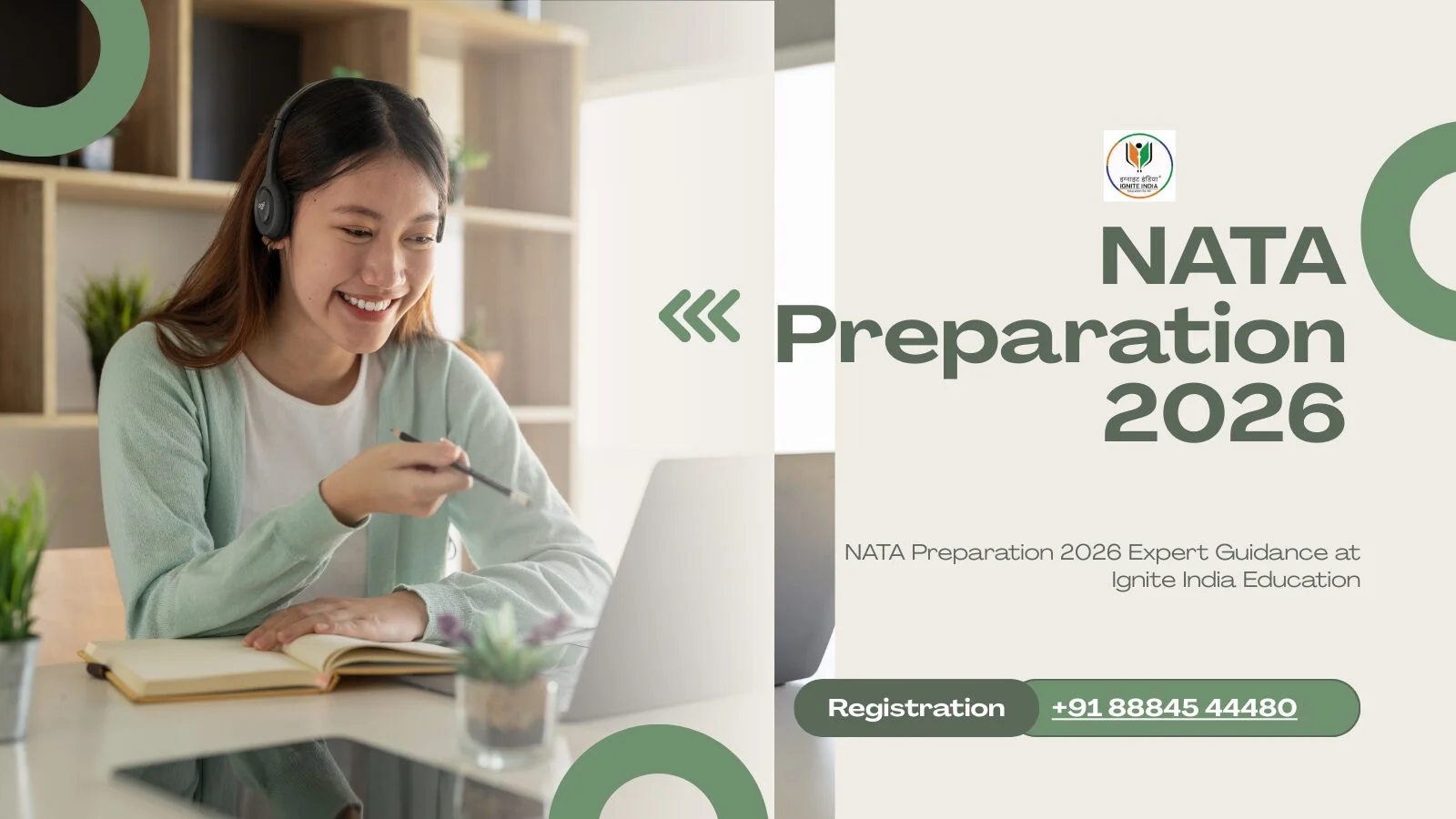
The National Aptitude Test in Architecture (NATA) is one of the most important exams for students aiming to pursue a career in architecture. Whether you

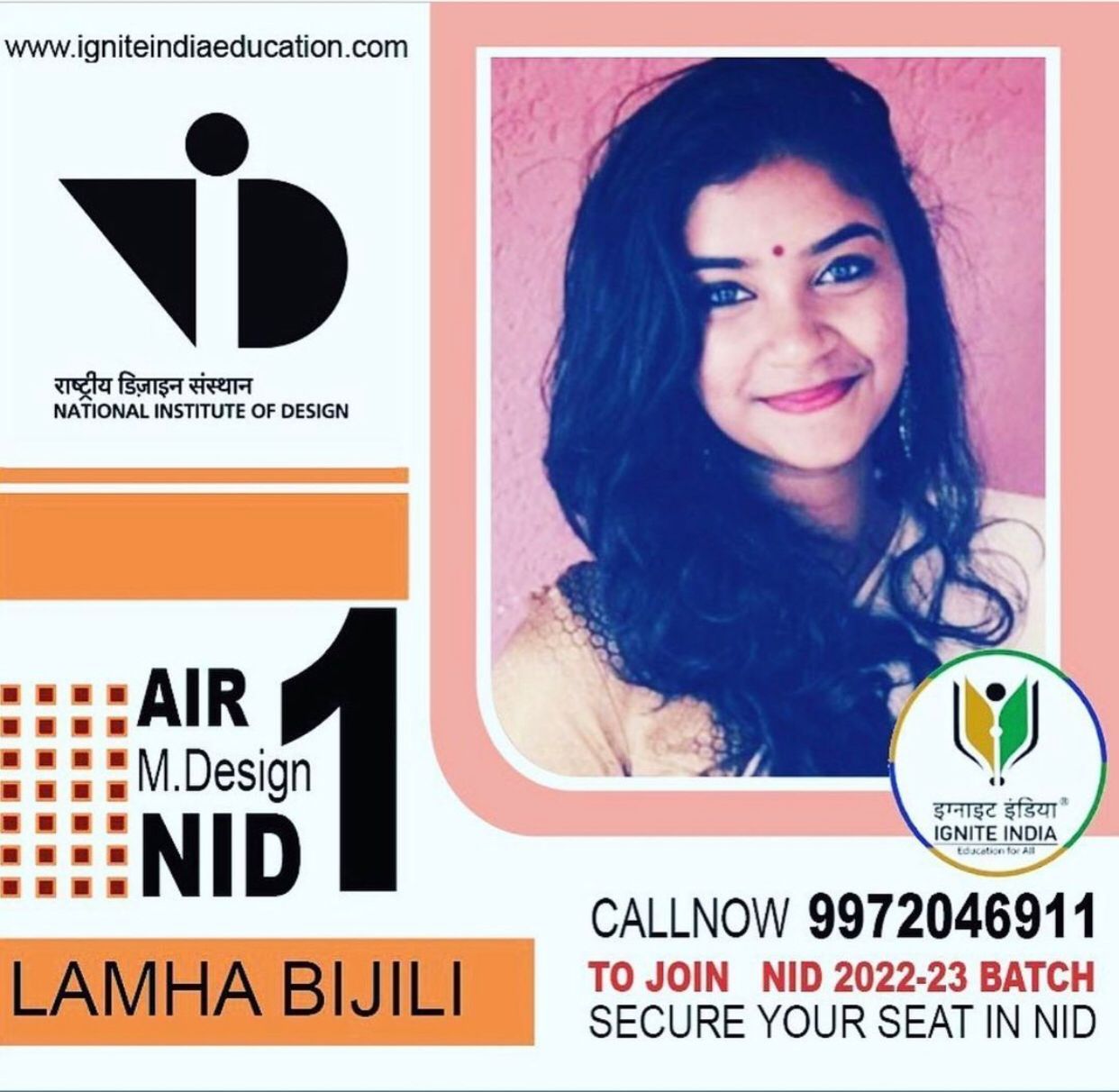
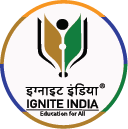
By signing up for IgniteIndia. You agree to the Terms of Services and PrivacyPolicy of the platform.

When students look for a place that understands their creative dreams and helps them build a strong future, Pearl Academy Jaipur often becomes one of

A genuine Pearl Academy Jaipur review often highlights the peaceful and supportive environment of the campus. Jaipur is an excellent place for students who want

Cracking the Pearl Academy entrance test in one attempt is absolutely possible when you prepare with the right mindset, the right plan, and the right

For students who dream of a creative career, choosing the right institute is much more than selecting a college. It is about finding a place
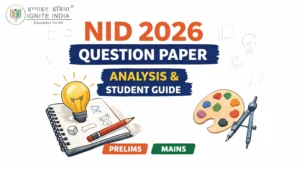
Every year, thousands of students try to be accepted into NID; however, the majority of them are uncertain about one fundamental aspect: what kinds of
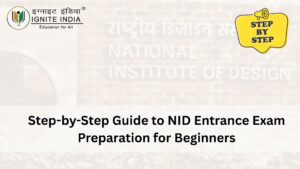
Preparing for the NID entrance exam can feel confusing when you are just starting. Many students know they want to study design, but they are
Fashion & Textile Designer, Educational and Career Counselor. He is an alumnus of NIFT and won the Best Graduation Project Award. He is guiding students from the past 10 years.
Ignite India Education is inspired by the former President of India Bharat Ratna Dr. APJ Abdul Kalam’s vision of “India Beyond 2020”. Our aim is to fulfil his vision by empowering society and transforming India into a developed nation through education.
Fashion & Textile Designer, Educational and Career Counselor. He is an alumnus of NIFT and won the Best Graduation Project Award. He is guiding students from the past 10 years.
Ignite India Education is inspired by the former President of India Bharat Ratna Dr. APJ Abdul Kalam’s vision of “India Beyond 2020”. Our aim is to fulfil his vision by empowering society and transforming India into a developed nation through education.
Fashion & Textile Designer, Educational and Career Counselor. He is an alumnus of NIFT and won the Best Graduation Project Award. He is guiding students from the past 10 years.
Ignite India Education is inspired by the former President of India Bharat Ratna Dr. APJ Abdul Kalam’s vision of “India Beyond 2020”. Our aim is to fulfil his vision by empowering society and transforming India into a developed nation through education.
Fashion & Textile Designer, Educational and Career Counselor. He is an alumnus of NIFT and won the Best Graduation Project Award. He is guiding students from the past 10 years.
12 Years of Experience
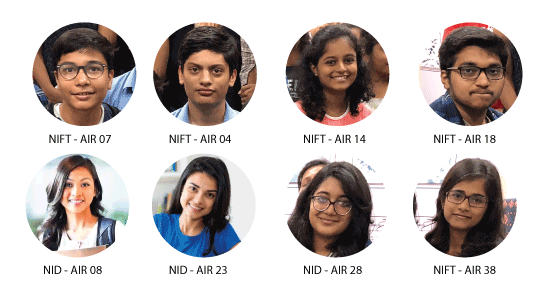
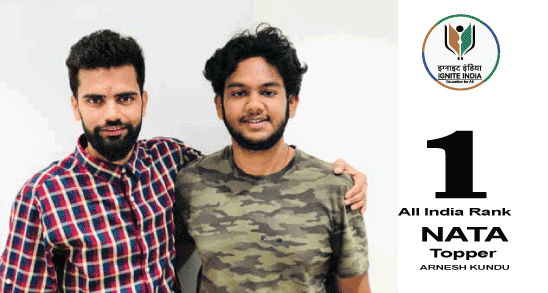
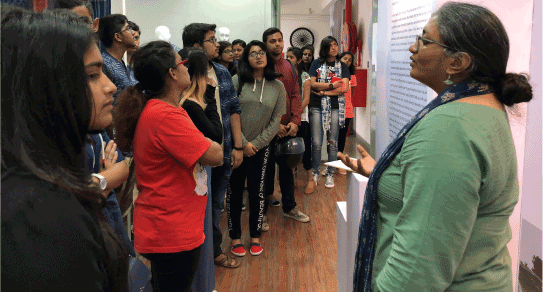
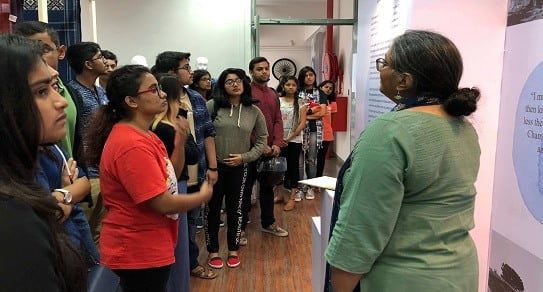
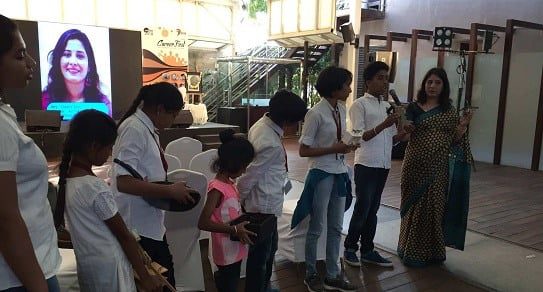


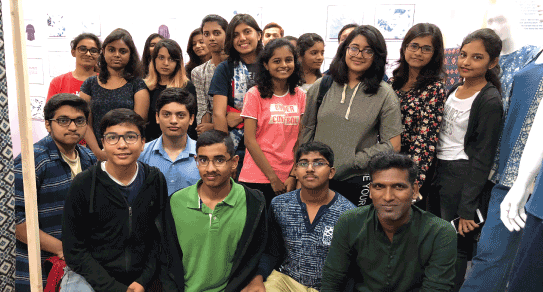
Ignite India Alumni networks provide the long-term value to an educational institution by giving alumni the chance to stay in contact and continue to learn from each other long after they have left Institute. Ignite India is a Well Known Design Institute that equips students for success in career.
